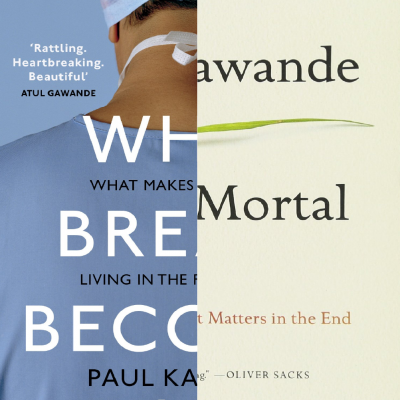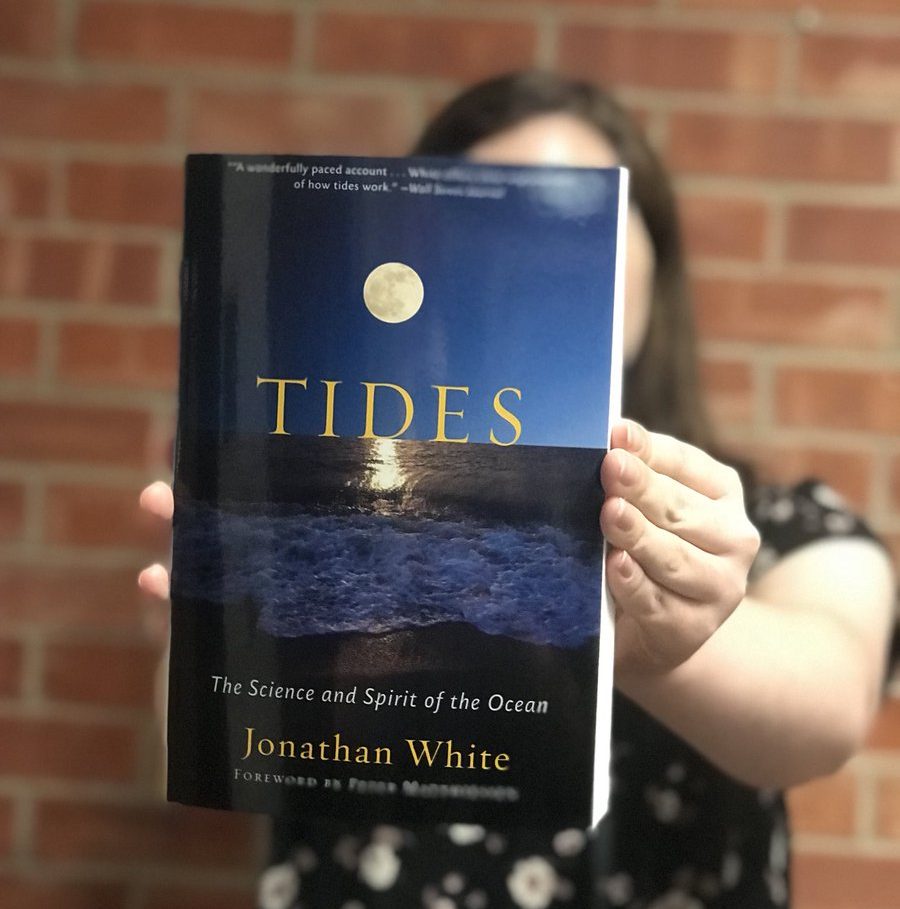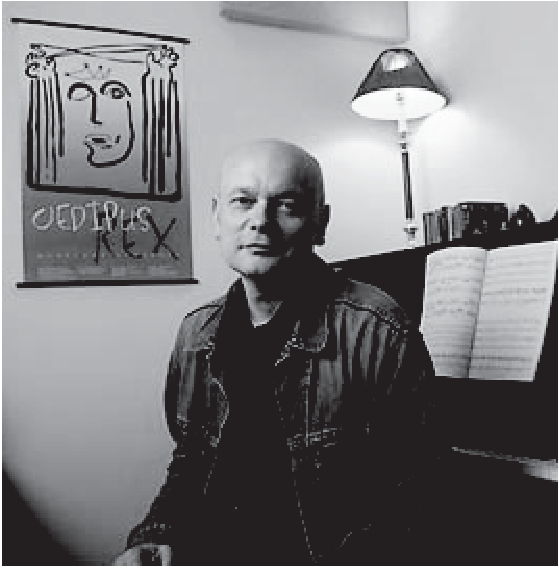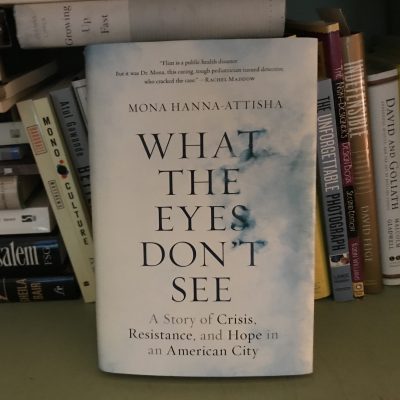 You should listen to Regina Spektor’s music — but only if you’re ready for a brush with genius. Wild genius, that is, skyrocketing musically through the magical, heartbreaking, infuriating, absurd journey that is life. Nothing is lyrically off limits for Spektor — no topic too grand (“Laughing With”), no predicament too small (“Dance Anthem of the 80s”) to stir her imagination. A classically trained pianist (“Après Moi”), mediocre guitarist (“That Time”), and proud immigrant to the United States — when she and her family emigrated from the Soviet Union in 1990, with support from HIAS, she was just 9 1/2 — Spektor belongs to a cadre of gifted artists (Gary Shteyngart is another) for whom American promise, Jewish otherness, Russian melancholy, and familial closeness meld in a worldview that is wise (“Samson”), joyful (“On the Radio”), and occasionally bizarre (“Pavlov’s Daughter”). Whether she’s loving on New York City (“Don’t Leave Me (Ne Me Quitte Pas)”), mourning an impossible love (“Better”), parodying Second Amendment fetishism (“Uh-Merica”), dreaming up the baby boy whose clothes she’ll someday pin funkily at the beach (“Folding Chair”), or shredding the high priests of exploitation, greed, and unctuous politics (“The Trapper and the Furrier”; “Ballad of a Politician”), Regina Spektor’s America is a place we all should visit, and linger. Oh — and I hear she wrote the theme song for “Orange is the New Black.” Is it worth watching?
You should listen to Regina Spektor’s music — but only if you’re ready for a brush with genius. Wild genius, that is, skyrocketing musically through the magical, heartbreaking, infuriating, absurd journey that is life. Nothing is lyrically off limits for Spektor — no topic too grand (“Laughing With”), no predicament too small (“Dance Anthem of the 80s”) to stir her imagination. A classically trained pianist (“Après Moi”), mediocre guitarist (“That Time”), and proud immigrant to the United States — when she and her family emigrated from the Soviet Union in 1990, with support from HIAS, she was just 9 1/2 — Spektor belongs to a cadre of gifted artists (Gary Shteyngart is another) for whom American promise, Jewish otherness, Russian melancholy, and familial closeness meld in a worldview that is wise (“Samson”), joyful (“On the Radio”), and occasionally bizarre (“Pavlov’s Daughter”). Whether she’s loving on New York City (“Don’t Leave Me (Ne Me Quitte Pas)”), mourning an impossible love (“Better”), parodying Second Amendment fetishism (“Uh-Merica”), dreaming up the baby boy whose clothes she’ll someday pin funkily at the beach (“Folding Chair”), or shredding the high priests of exploitation, greed, and unctuous politics (“The Trapper and the Furrier”; “Ballad of a Politician”), Regina Spektor’s America is a place we all should visit, and linger. Oh — and I hear she wrote the theme song for “Orange is the New Black.” Is it worth watching?
– Sarah Willen
Associate Professor of Anthropology
University of Connecticut
 Who is Sarah Willen? Sarah Willen is an Associate Professor of Anthropology at the University of Connecticut and Director of the Research Program on Global Health and Human Rights at the university’s Human Rights Institute. She holds a PhD in Anthropology and an MPH in Global Health, both from Emory University. She is a two-time recipient of the Rudolf Virchow Prize from the Critical Anthropology of Global Health Caucus of the Society for Medical Anthropology. She is also the author of a 2019 book Fighting for Dignity: Migrant Lives at Israel’s Margins published by the University of Pennsylvania Press.
Who is Sarah Willen? Sarah Willen is an Associate Professor of Anthropology at the University of Connecticut and Director of the Research Program on Global Health and Human Rights at the university’s Human Rights Institute. She holds a PhD in Anthropology and an MPH in Global Health, both from Emory University. She is a two-time recipient of the Rudolf Virchow Prize from the Critical Anthropology of Global Health Caucus of the Society for Medical Anthropology. She is also the author of a 2019 book Fighting for Dignity: Migrant Lives at Israel’s Margins published by the University of Pennsylvania Press.
 If medicine is an art as much as a science, then a journey of illness through the medical world is part humanistic voyage.
If medicine is an art as much as a science, then a journey of illness through the medical world is part humanistic voyage. Graphic novels have for some time become an important medium for expressing trouble and human suffering in the world. Growing up in the Netherlands I became familiar with graphic novels early on. We called them ‘strips’ or ‘stripverhalen’ (‘verhalen’ means ‘stories’.) In the US, people for long called them ‘comics.’ I like reading (watching?) strips as a kid. There was a rich supply, none about superheros though. That started as an American genre in the 1930s. The strips that I read are largely unknown in the US, except for Tintin (‘Kuifje’), Asterix, and the Smurfs perhaps. For long, all these graphic narratives were thought of as stuff for kids, and perhaps not even ‘healthy’ stuff; a poor substitute for reading ‘real’ books and setting young people up for violence. (That sounds familiar doesn’t it…videogames…). Strips and comics are still a flourishing medium, but then appeared a more ‘serious’ genre, notoriously exemplified by Art Spiegelman’s Maus and works by Will Eisner, both American writers who drew and wrote stories that are clearly not aimed at children, which somewhere lead to the term ‘graphic novel.’ Recently, I read
Graphic novels have for some time become an important medium for expressing trouble and human suffering in the world. Growing up in the Netherlands I became familiar with graphic novels early on. We called them ‘strips’ or ‘stripverhalen’ (‘verhalen’ means ‘stories’.) In the US, people for long called them ‘comics.’ I like reading (watching?) strips as a kid. There was a rich supply, none about superheros though. That started as an American genre in the 1930s. The strips that I read are largely unknown in the US, except for Tintin (‘Kuifje’), Asterix, and the Smurfs perhaps. For long, all these graphic narratives were thought of as stuff for kids, and perhaps not even ‘healthy’ stuff; a poor substitute for reading ‘real’ books and setting young people up for violence. (That sounds familiar doesn’t it…videogames…). Strips and comics are still a flourishing medium, but then appeared a more ‘serious’ genre, notoriously exemplified by Art Spiegelman’s Maus and works by Will Eisner, both American writers who drew and wrote stories that are clearly not aimed at children, which somewhere lead to the term ‘graphic novel.’ Recently, I read  Who is Harry van der Hulst?
Who is Harry van der Hulst?  Whether it’s beach season, the fiftieth anniversary of the first moon landing, or our daily proximity in Connecticut to vast bodies of water in only partly predictable motion, there are plenty of reasons right now why you should read
Whether it’s beach season, the fiftieth anniversary of the first moon landing, or our daily proximity in Connecticut to vast bodies of water in only partly predictable motion, there are plenty of reasons right now why you should read  Who is Alain Frogley? Alain Frogley is a native of Great Britain and holds degrees from Oxford University and the University of California at Berkeley. He has taught at Oxford and Lancaster universities and in 1994 was appointed to the faculty of the University of Connecticut. He is a specialist in the music of the late-19th and 20th centuries, particularly that of Britain and America, but he has also worked on the cultural contexts of musical nationalism. His most recent work includes research into the reception of British music in Nazi Germany and racial Anglo-Saxonism in music. In 2005–2006 he was a fellow of the
Who is Alain Frogley? Alain Frogley is a native of Great Britain and holds degrees from Oxford University and the University of California at Berkeley. He has taught at Oxford and Lancaster universities and in 1994 was appointed to the faculty of the University of Connecticut. He is a specialist in the music of the late-19th and 20th centuries, particularly that of Britain and America, but he has also worked on the cultural contexts of musical nationalism. His most recent work includes research into the reception of British music in Nazi Germany and racial Anglo-Saxonism in music. In 2005–2006 he was a fellow of the  This terrific
This terrific  Who is Juli Wade? In December 2018, Juli Wade was named the new Dean of the College of Liberal Arts and Sciences at the University of Connecticut. Prior to this, Professor Wade was the Associate Provost at Michigan State University, where she had joined the psychology department in 1995. She received her Bachelors’ degree
Who is Juli Wade? In December 2018, Juli Wade was named the new Dean of the College of Liberal Arts and Sciences at the University of Connecticut. Prior to this, Professor Wade was the Associate Provost at Michigan State University, where she had joined the psychology department in 1995. She received her Bachelors’ degree 





